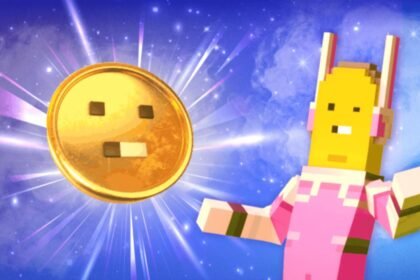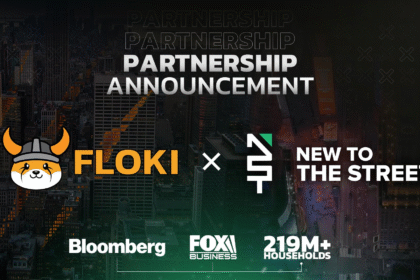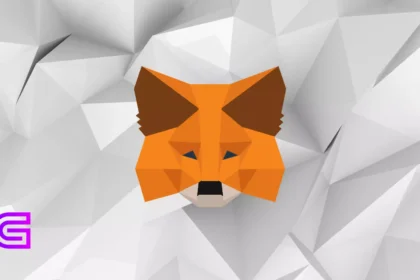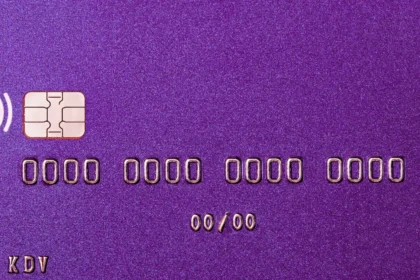The gaming industry is constantly evolving, and the latest trend is the integration of blockchain technology. This technology not only improves the gaming experience for players but also opens up new opportunities for them to earn money. In this article, we will explore the blockchain gaming trend and how it is changing the way players interact with games.
What is Blockchain Gaming?
Blockchain gaming is the integration of blockchain technology into the gaming industry. This technology allows for the creation of unique, non-fungible assets, also known as NFTs, which can be bought, sold, and traded on a blockchain. These assets can be anything from in-game items and weapons to virtual real estate and collectible items.
Play to Earn
One of the biggest advantages of blockchain gaming is the ability for players to earn money while they play. With traditional gaming, players would spend money to purchase in-game items or currency, but with blockchain gaming, players can earn money by creating and selling their own in-game items or by trading with other players.
This new play-to-earn model is already being embraced by many blockchain-based games, like Axie Infinity, Sorare, Decentraland, and CryptoKitties, which allow players to earn cryptocurrency by participating in the in-game economy. In Axie Infinity, for example, players can earn cryptocurrency by breeding and training creatures called Axies, and then selling them to other players. In Sorare, players can earn cryptocurrency by collecting and trading unique digital soccer player cards.
True Ownership
Another advantage of blockchain gaming is the concept of true ownership. With traditional gaming, players do not truly own the in-game items or currency they purchase, as they are tied to the game and the game’s servers. But with blockchain gaming, players truly own the assets they acquire, as they are recorded on a blockchain. This means that players can take their assets with them from game to game and even sell them on a marketplace for real money.
Decentralized Gaming
Blockchain gaming is also decentralized, which means that it is not controlled by any single entity. This decentralization allows for a fairer and more transparent gaming experience, as there is no central authority controlling the game or the economy. In addition, decentralized games are not subject to the same censorship or regulatory issues as centralized games.
Conclusion
The blockchain gaming trend is changing the way players interact with games. With the ability to earn money while playing and truly own in-game assets, blockchain gaming is providing new opportunities for players to monetize their gaming experience. The decentralized nature of blockchain gaming also ensures a fairer and more transparent gaming experience. As the technology continues to evolve and more games adopt it, we can expect to see even more innovative ways for players to earn money and truly own their in-game assets.









